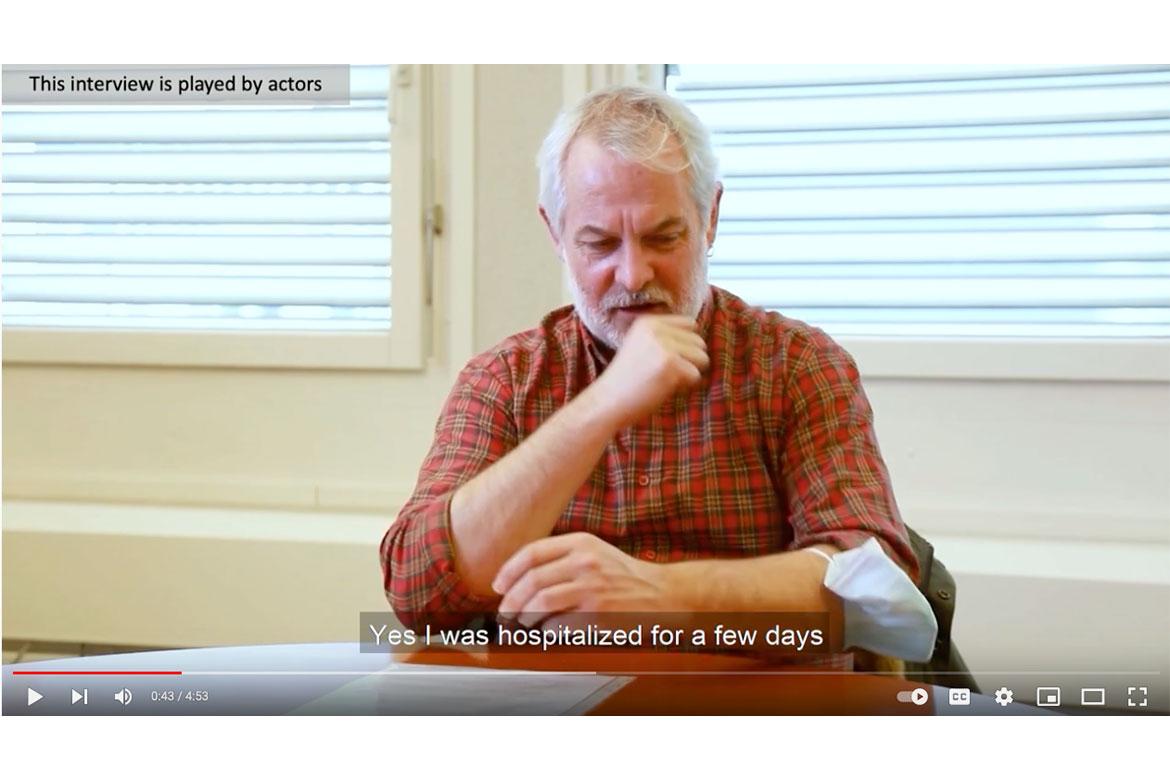Cognitive impairment due to COVID-19

As early as April 2020, and based on clinical observations in the acute phase of the infection, the continuing presence of neuropsychological disorders beyond the acute phase of Covid-19 has been postulated.
Background
The objective of the COVID-COG project was to assess the possible short- and long-term neuropsychological consequences of Covid-19 at 6 months and 12 months after the infection.
Aim
The objective of the COVID-COG project was to assess the possible short- and long-term neuropsychological consequences of Covid-19 at 6 months and 12 months after the infection.
Results
The persistence of cognitive disorders 6-9 months and 12-15 months post-infection was confirmed. These disorders were not linked to the severity of the respiratory form in the acute phase. Three distinct clinical phenotypes have been identified with the most discriminant variable being self-awareness of cognitive disorders: Some patients displayed a lack of awareness of their disorders, but with objective memory disorders. Patients at the other end of the spectrum reported numerous complaints, notably fatigue, but only displayed mild attentional and executive disorders. A third group of patients had normal performances and congruent complaints.
These disorders were associated to alterations of brain functional connectivity. Several hypotheses have been put forward to explain the persistence of these neurocognitive symptoms, but many questions remain unanswered.
Specific contribution to tackle the current pandemic
These results have been confirmed by numerous other cohort studies worldwide, referring to this condition as the post-Covid syndrome. In 2021, the COVID-COG team was the first to publish a paper reporting heterogeneity in the profiles of neuropsychological disorders, placing Switzerland as a world leader in the field of neuropsychological post-Covid syndrome. This enabled us to provide highly responsive clinical recommendations and guidelines to clinicians and information to patients.
Original title
Short- and long-term neuropsychological impairment following COVID-19 (COVID-COG)
